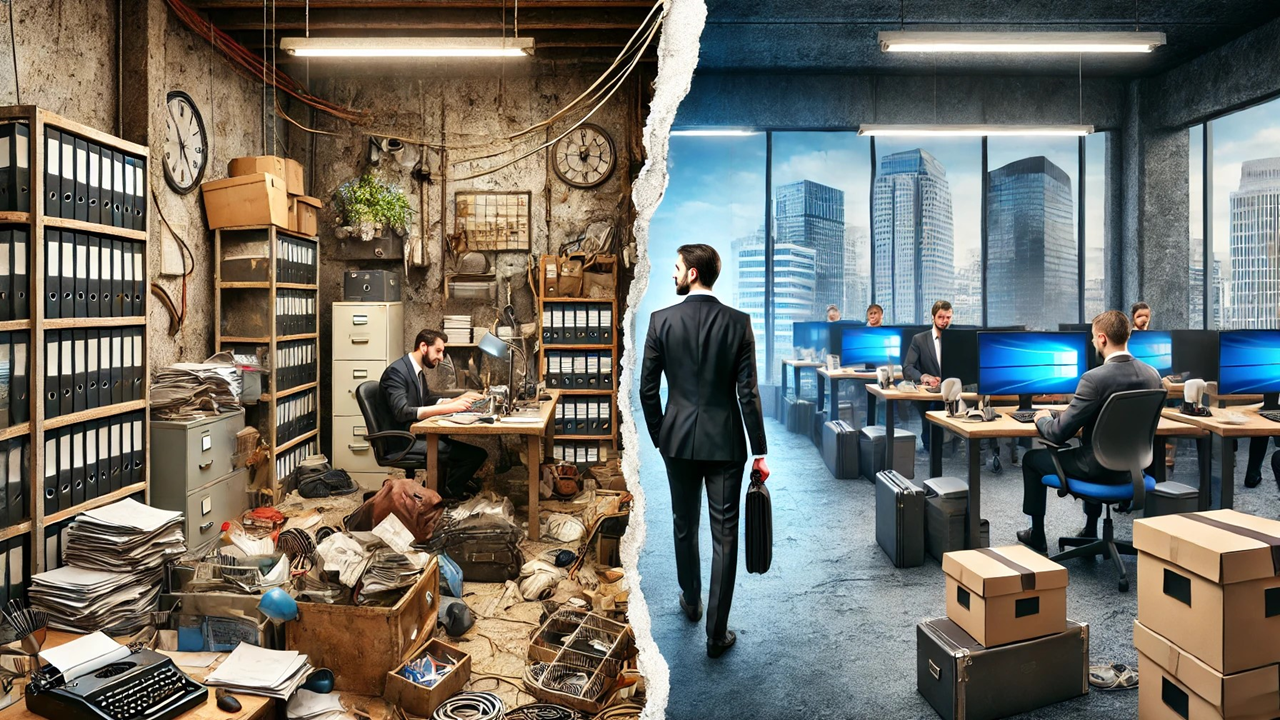The race against time to reinvent lawyers — from jordanfurlong.substack.com by Jordan Furlong
Our legal education and licensing systems produce one kind of lawyer. The legal market of the near future will need another kind. If we can’t close this gap fast, we’ll have a very serious problem.
Excerpt (emphasis DSC):
Lawyers will still need competencies like legal reasoning and analysis, statutory and contractual interpretation, and a range of basic legal knowledge. But it’s unhelpful to develop these skills through activities that lawyers won’t be performing much longer, while neglecting to provide them with other skills and prepare them for other situations that they will face. Our legal education and licensing systems are turning out lawyers whose competence profiles simply won’t match up with what people will need lawyers to do.
A good illustration of what I mean can be found in an excellent recent podcast from the Practising Law Institute, “Shaping the Law Firm Associate of the Future.” Over the course of the episode, moderator Jennifer Leonard of Creative Lawyers asked Professors Alice Armitage of UC Law San Francisco and Heidi K. Brown of New York Law School to identify some of the competencies that newly called lawyers and law firm associates are going to need in future. Here’s some of what they came up with:
- Agile, nimble, extrapolative thinking
- Collaborative, cross-disciplinary learning
- Entrepreneurial, end-user-focused mindsets
- Generative AI knowledge (“Their careers will be shaped by it”)
- Identifying your optimal individual workflow
- Iteration, learning by doing, and openness to failure
- Leadership and interpersonal communication skills
- Legal business know-how, including client standards and partner expectations
- Receiving and giving feedback to enhance effectiveness
Legal Tech for Legal Departments – What In-House Lawyers Need to Know — from legal.thomsonreuters.com by Sterling Miller
Whatever the reason, you must understand the problem inside and out. Here are the key points to understanding your use case:
- Identify the problem.
- What is the current manual process to solve the problem?
- Is there technology that will replace this manual process and solve the problem?
- What will it cost and do you have (or can you get) the budget?
- Will the benefits of the technology outweigh the cost? And how soon will those benefits pay off the cost? In other words, what is the return on investment?
- Do you have the support of the organization to buy it (inside the legal department and elsewhere, e.g., CFO, CTO)?
2024-05-13: Of Legal AI — from emergentbehavior.co
Long discussion with a senior partner at a major Bay Area law firm:
Takeaways
A) They expect legal AI to decimate the profession…
B) Unimpressed by most specific legal AI offerings…
C) Generative AI error rates are acceptable even at 10–20%…
D) The future of corporate law is in-house…
E) The future of law in general?…
F) Of one large legal AI player…
2024 Legal Technology Survey Results — from lexology.com
Additional findings of the annual survey include:
- 77 percent of firms have a formal technology strategy in place
- Interest and intentions regarding generative A.I. remain high, with almost 80 percent of participating firms expecting to leverage it within the next five years. Many have either already begun or are planning to undertake data hygiene projects as a precursor to using generative A.I. and other automation solutions. Although legal market analysts have hypothesized that proprietary building of generative A.I. solutions remain out of reach for mid-sized firms, several Meritas survey respondents are making traction. Many other firms are also licensing third-party generative A.I. solutions.
- The survey showed strong technology progression among several Meritas member firms, with most adopting a tech stack of core, foundational systems of infrastructure technology and adding cloud-based practice management, document management, time, billing, and document drafting applications.
- Most firms reported increased adoption and utilization of options already available within their current core systems, such as Microsoft Office 365 Teams, SharePoint, document automation, and other native functionalities for increasing efficiencies; these functions were used more often in place of dedicated purpose-built solutions such as comparison and proofreading tools.
- The legal technology market serving Meritas’ member firms continues to be fractured, with very few providers emerging as market leaders.
AI Set to Save Professionals 12 Hours Per Week by 2029 — from legalitprofessionals.com
Thomson Reuters, a global content and technology company, today released its 2024 Future of Professionals report, an annual survey of more than 2,200 professionals working across legal, tax, and risk & compliance fields globally. Respondents predicted that artificial intelligence (AI) has the potential to save them 12 hours per week in the next five years, or four hours per week over the upcoming year – equating to 200 hours annually.
This timesaving potential is the equivalent productivity boost of adding an extra colleague for every 10 team members on staff. Harnessing the power of AI across various professions opens immense economic opportunities. For a U.S. lawyer, this could translate to an estimated $100,000 in additional billable hours.*












